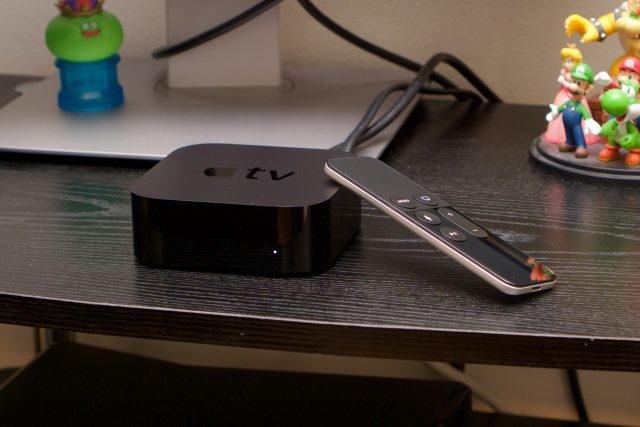
In the months leading up to the announcement of the new Apple TV box last year, there were multiple reports that said the company was also working on a streaming TV service as a way to entice cord-cutters and "cord-nevers" into its ecosystem. Those reports suggested that the service would include some 25 channels and cost $30 or $40 a month, and it would stream live content as well as offer a Netflix-esque back catalog of shows on demand.
But it never came to pass. When the new Apple TV launched, Apple pushed apps as the future of TV rather than an all-in-one service. A new report from the Wall Street Journal today says that Apple's negotiating tactics were to blame and that the service didn't come to pass in part because Apple was offering too little money and making too many demands.
The report, which it should be noted is sourced mostly from anonymous TV industry executives and not from anyone on Apple's side of the negotiating table, lays most of the blame at the feet of SVP of Internet Software and Services Eddy Cue. The executives say he showed up to a meeting with Time Warner late and underdressed ("jeans, tennis shoes with no socks, and a Hawaiian shirt," which to be fair does sound pretty much like the Eddy Cue we see at Apple events) and that his list of requests included on-demand seasons of popular shows and Tivo-esque cloud-based recordings of shows that would allow for ad skipping.
As the article notes, Apple has had good luck driving hard bargains in the past—it made the iTunes Store the leader in paid music downloads and got the iPhone out the door without carrier crapware on it (pick up literally any Android phone sold by a carrier and you'll see why that's a big deal). But Apple apparently didn't have the leverage it needed to accomplish the same sort of deal with the TV industry.
“We’re challenged in a lot of ways, but we’re not waiting for this white knight to come racing in the way music was,” one TV executive told the WSJ.
reader comments
217